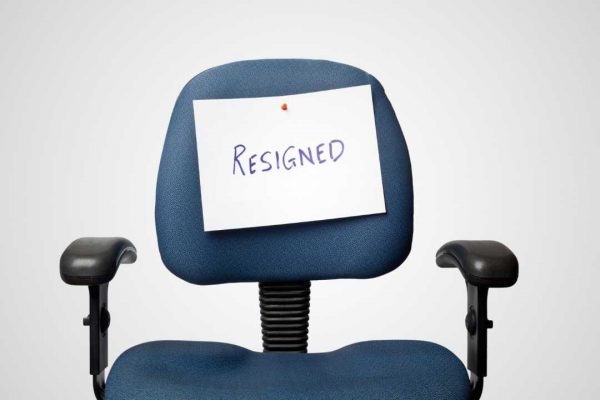Business Etiquette
Understanding and applying customary polite behaviors in a business setting contributes to better relationships, communication, and overall civility. Help your staff put their best foot forward with our business etiquette tips.
Below is a list of FAQs from our readers on the topic of business etiquette:
Why does business etiquette matter?
Good manners spell good business. When you work with people each day (oftentimes in close quarters), making efforts to consider their needs and get along improves relations and contributes to a pleasant atmosphere. Likewise, business etiquette serves both you and your company well when interacting with outsiders. Politeness and knowledge of acceptable behavior leaves a positive impression on customers and others you encounter.
What are some common office faux pas?
Actions likely to generate ire among colleagues include:
- Disrespecting time (i.e., late for meetings, not alerting people to your schedule or whereabouts)
- Failing to perform basic polite gestures (greeting people, saying “please” and “thank you,” holding the elevator door)
- Lacking concern for shared space (not cleaning up after yourself, smelly lunches, helping yourself to someone else’s food, inappropriate noise level)
- Disregarding communication “rules” (dominating conversations, interrupting, making hurtful jokes, using profanity, gossiping, asking too personal of questions)
How can being well-versed in business etiquette benefit one’s career?
Appropriate, polite words and actions promote likability and help others view you as a true professional. Hiring managers look favorably on job candidates who arrive on time, offer a firm handshake, maintain eye contact, speak kindly to everyone they meet, and send a thank-you note. Likewise, dressing for the occasion, introducing yourself, and remembering names encourages success at networking events.
Are business etiquette standards and practices the same everywhere?
No. They can vary significantly by culture, making it a good idea for travelers to learn as much as they can about norms in other countries before visiting. Don’t assume every U.S. workplace is the same either. For instance, some businesses will frown upon workers wearing jeans, while others see it as acceptable. Employees easily address their bosses by first name at some companies, while other workers wouldn’t dream of anything other than “Ms.” or “Mr.” followed by a last name. Because of such individual workplace differences, new employees often benefit from an assigned mentor or office buddy to fill them in on specifics.
How has technology raised new concerns regarding business etiquette?
Cell phones cause plenty of debate as to what constitutes acceptable usage. Modern employees also need to consider email etiquette, such as constructing a proper subject line, finding the right tone, communicating clearly and maturely, and confirming receipt. Social media brings up the dilemma of whether or not to “friend” colleagues. Users likewise need to think before they post – not saying anything online they wouldn’t say to someone’s face, gaining permission before tagging coworkers, and realizing the repercussions of employer bashing or releasing confidential company information. Since technology has made people more available at any time from any location, etiquette questions arise as to what constitutes “bothering” someone – such as communicating too frequently, contacting at odd hours or on the weekend, or asking questions to a vacationing colleague.
How can a company improve employee etiquette?
Create a well-written handbook that offers guidance on dress code, Internet usage, and other topics known for grey areas. Leaders should pay particular attention to their own behavior as staff members often look to them for direction. Also, encourage everyone to follow the Golden Rule. While some aspects of business etiquette do get rather detailed, many boil down to simply showing concern for others and using common sense.
























